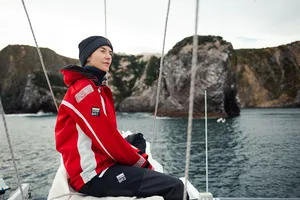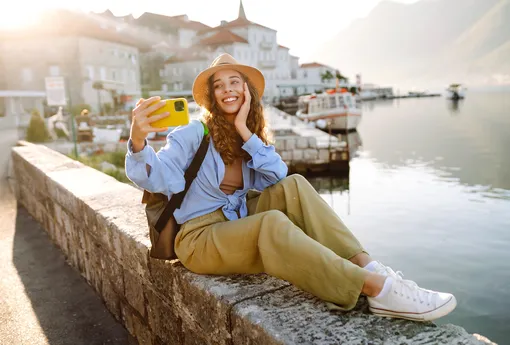Imagine: you are alone at the end of the world, where two oceans merge. But in this solitude there is no melancholy – only you and the world speaking directly to you. Deciding to travel alone is a bold step.
Evgenia Polyakova, who has visited more than 100 countries, as well as many regions of Russia, told us how to prepare for such a trip, where to find a company you like and what is important for safety on the road.









